), who was always going to die, who wasn’t, and that ending.
COLLIDER: Can you discuss how you decided on how each person would get killed in the film?
Was that all in the script exactly?
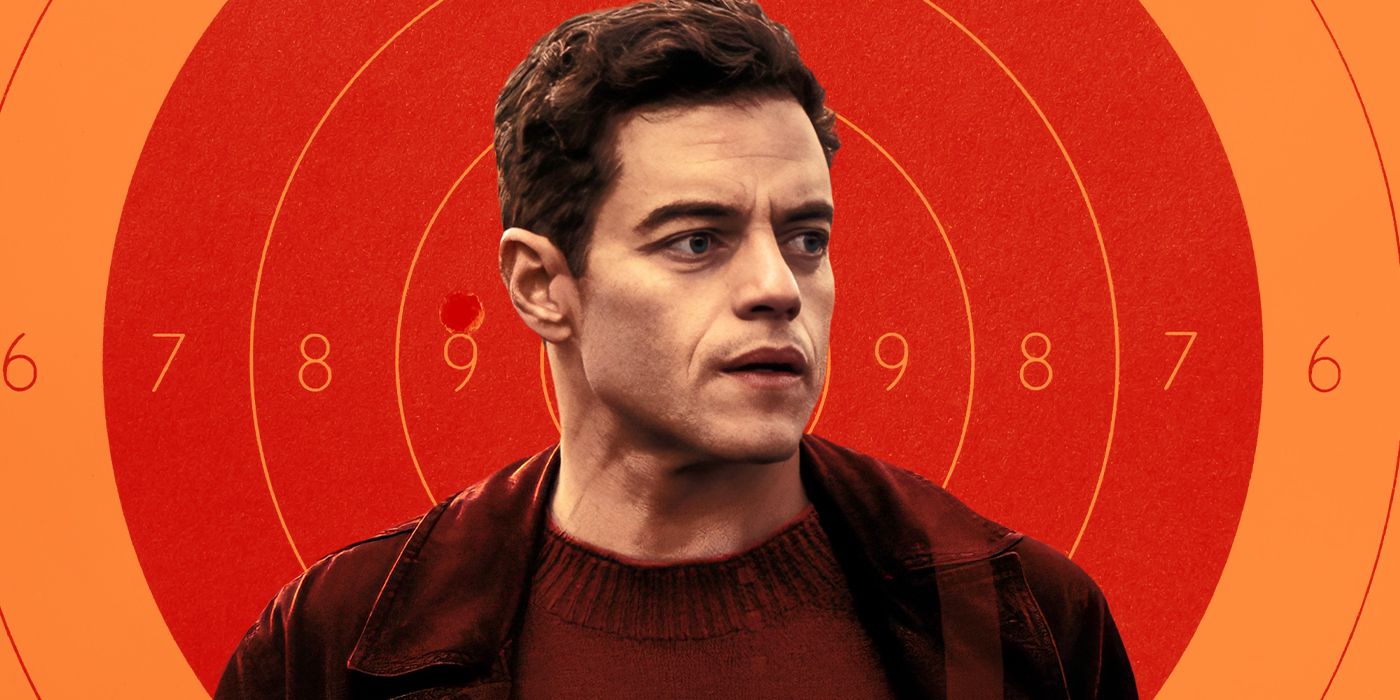
Image by Jefferson Chacon
How much was it being played with in pre-production?
JAMES HAWES: Well, some of it is inspired way back in the novel, in the book.
Something you may remember happened in an earlyMission: Impossiblemovie, therefore perhaps having its heritage somewhere else.
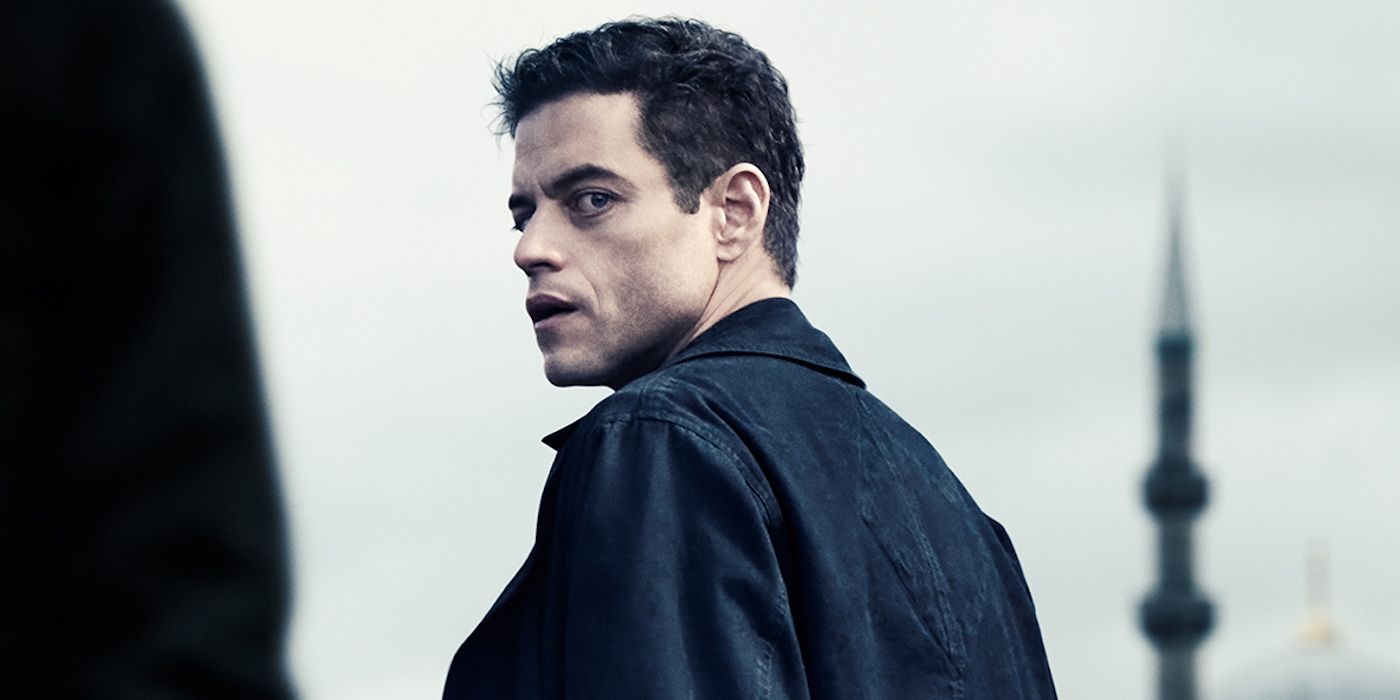
Image via 20th Century Studios
Obviously, the pool, we had the basic idea.
You don’t know quite what he’s going to do.
You know it’s dangerous.

Image via 20th Century Studios
There’s jeopardy attached.
Then, seeing how he goes about the pool smash.
I thought that was fantastic because it also doubles as a torture gear.
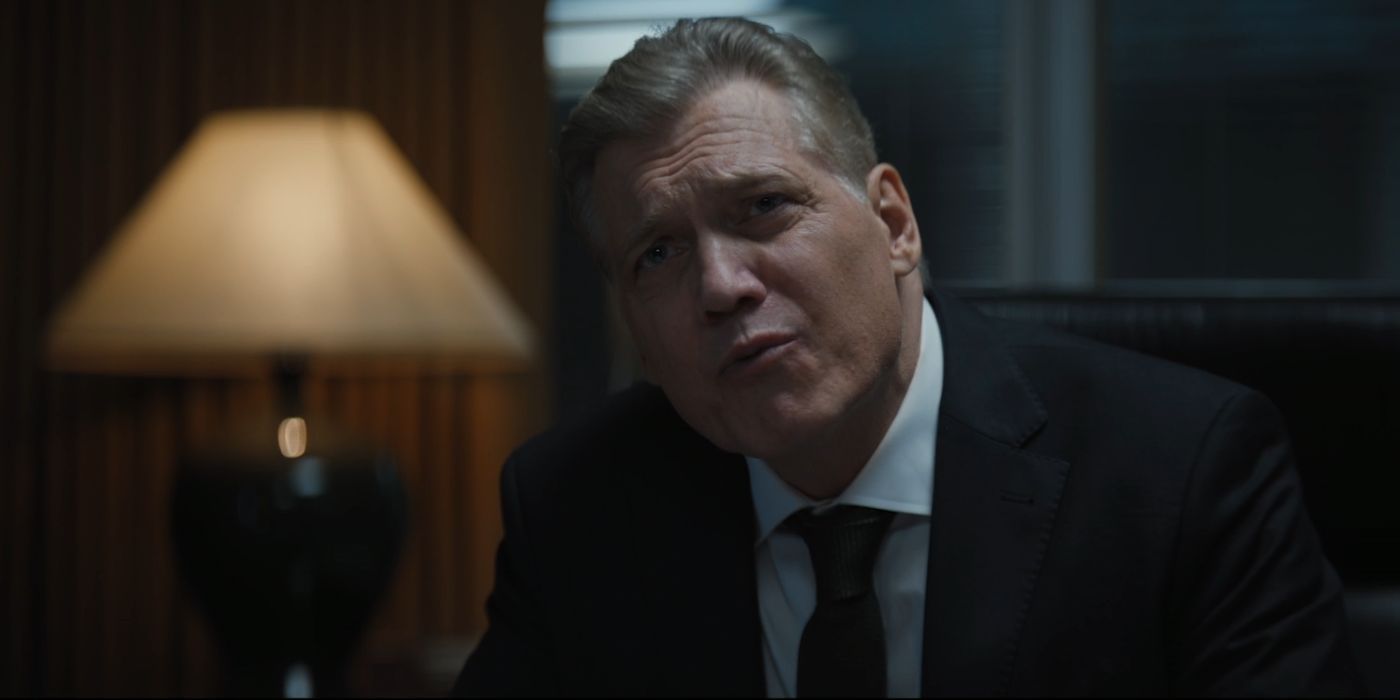
Image via 20th Century Studios
It’s like a Japanese water torture.
It’s not waterboarding, its pollen-boarding.
Of course, the fun with that sequence is that you undercut expectation with the empathy in Charlie.
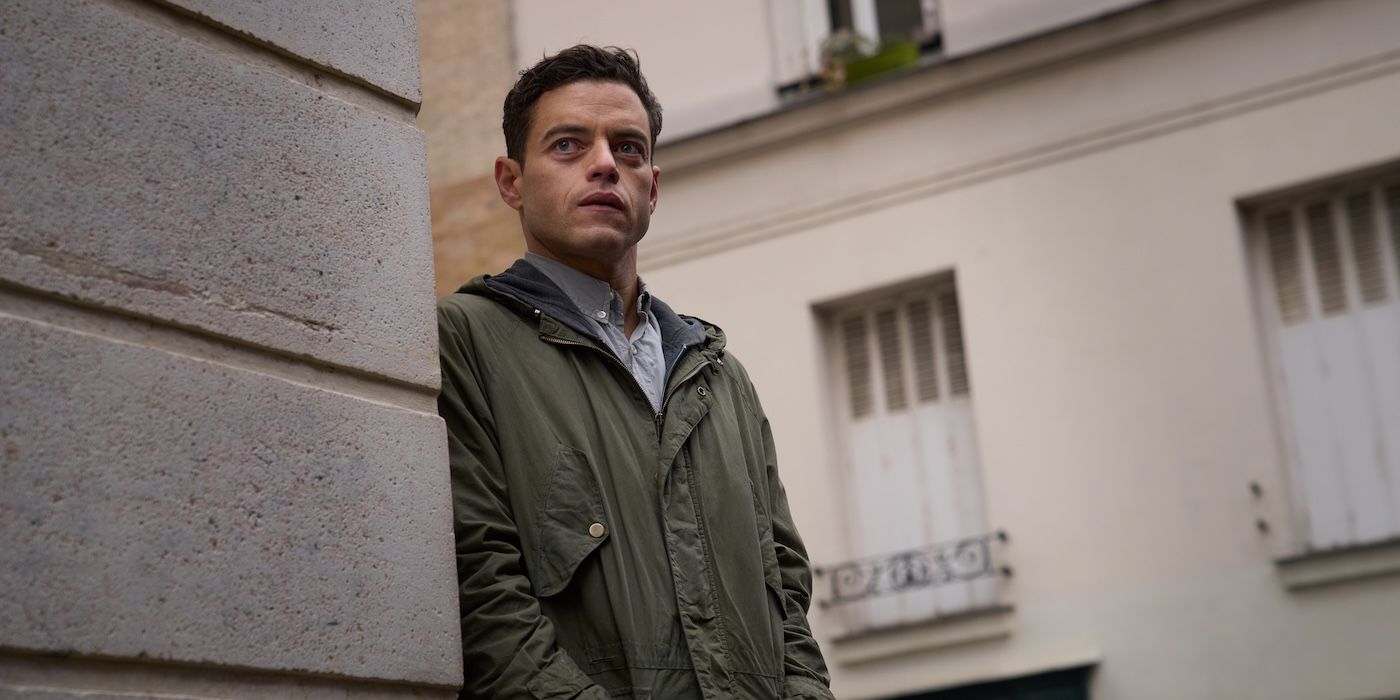
Image via 20th Century Studios
I liked all those phrases.
The film hits theaters in April.
With some of the kill sequences, how much time did you get to spend on filming each sequence?
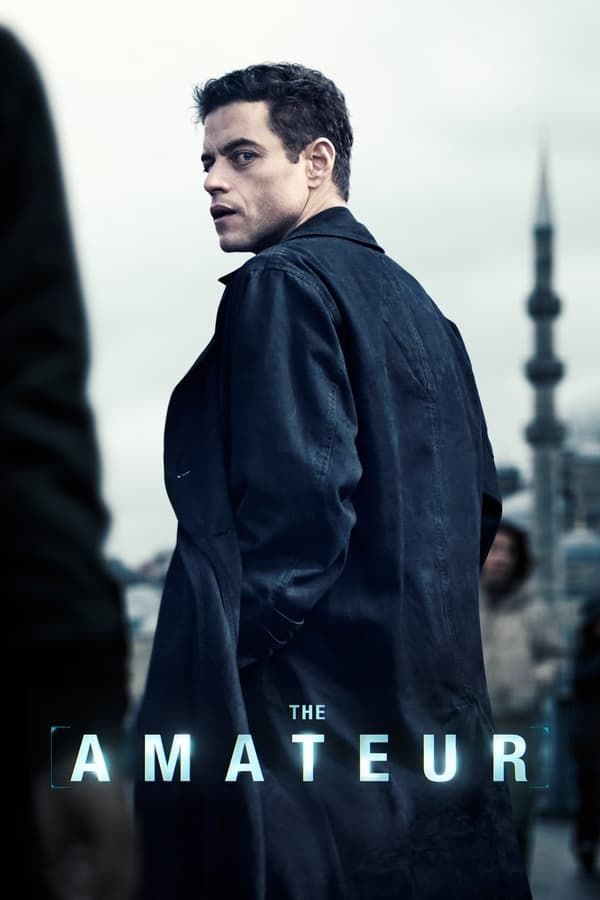
Were they filmed close together or in different parts of the shoot?
HAWES: They were very different parts of the shoot.
The pool location is in London.
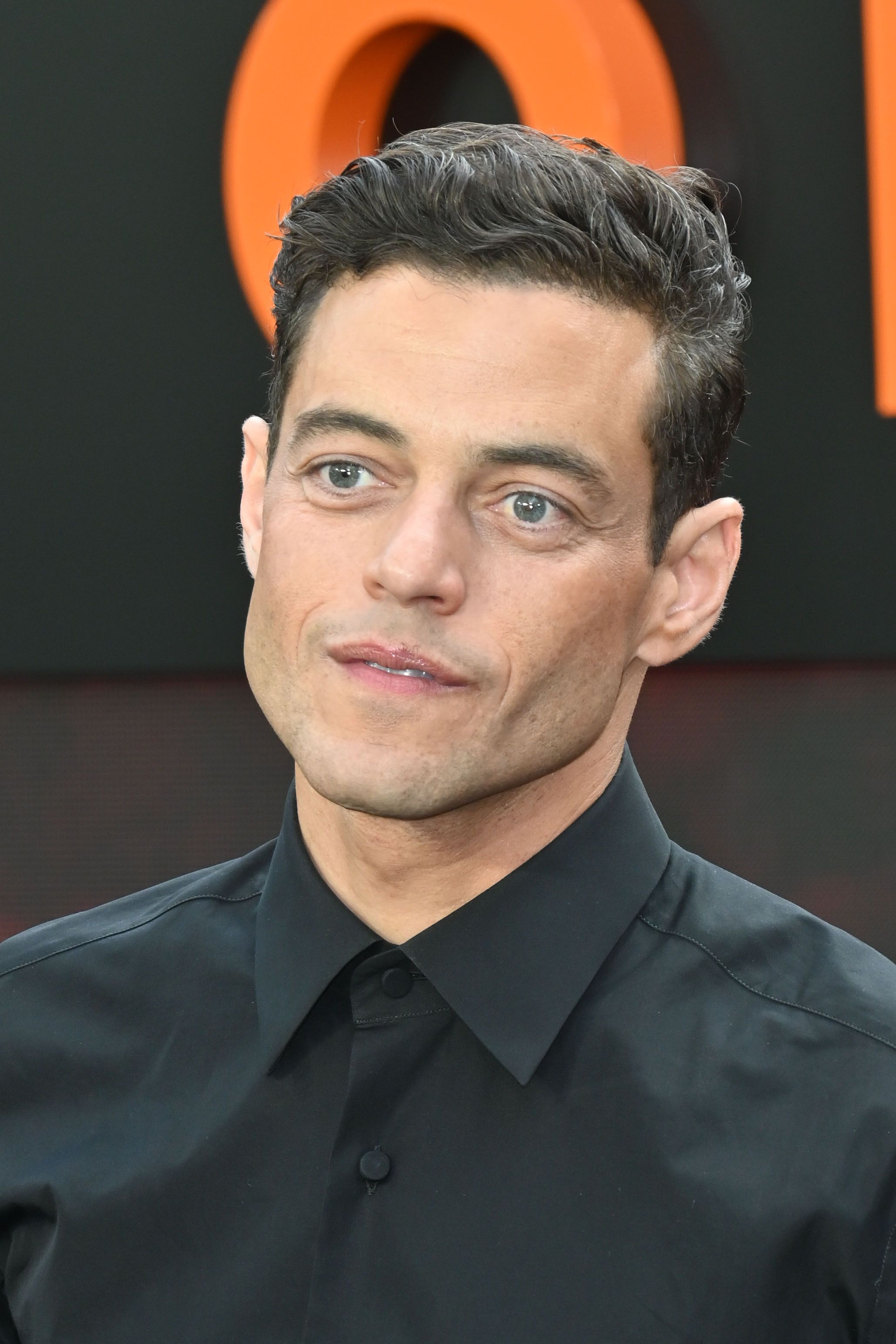
Gretchen’s kill is in Paris.
Then, although scripted as being in bulk in Romania, Ellish is actually killed in southern France.
So they were separate, and we really charted and prepped quite carefully.
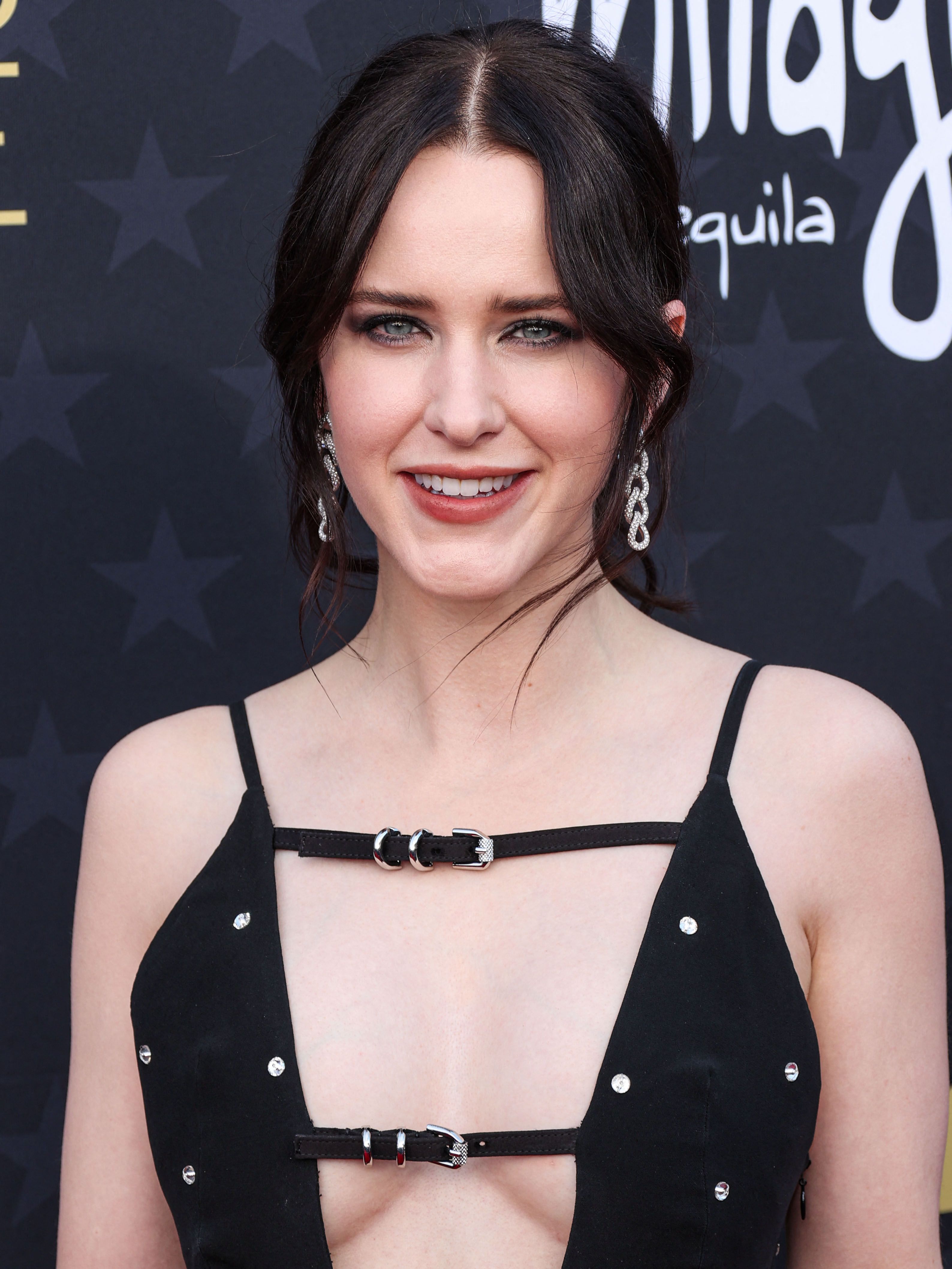
We wanted each one to have a different temperature.
With the Gretchen one, you get this sense of conflict in Heller.
He’s not sure if this is the right thing to do.

He almost apologizes to her as hes trying to get the information.
By the time you get to Ellish, he’s almost casual about it.
You killed my wife.

You may not have pulled the trigger, but you may as well have done so.
You’ve got a chance.
I’m letting you jump.
If you jump fast enough, you might just survive.
Then you seea casualCharlie walking away from the destination in the background.
It’s very effective in the film.
I thought you did a great job with that.
Which sequence was the bitch to film of the different kills?
We had time to do that twice on the day.
The second time worked.
So, that was a bit of a mindfuck.
HAWES: And that’s really important to me.
It’s still notquitethere.
I daresay it’s coming, but for now, having those practical elements in there.
So, we did a water drop.
Some of the stuff you see hitting the paving in the restaurants below, that’s practical.
We did that as a tip torrent.
We dropped bits of the side of the pool of debris that break, and break paving stones.
All of that is there, and I think just really helps the believability of that sequence.
Oh, no, 100%.
HAWES: Yes, without a doubt.
Theres just something concrete about them.
Was that ever something discussed where it was going to be?
They’re doing the right thing for world security.
They just use different crews, different tools to achieve that.
So, we absolutely had those discussions, and it colored how we played with our various bad guys.
We really didn’t want them to be mustache-twirling, hat-stroking baddies that you meet at the end.
I’m a huge fan ofBourne.
I’m a huge fan ofBond.
I’m very happy you made the decision that you did.Was Caitriona Balfes character always going to die?
Was that always part of the script?
Was it ever something else?
How did you decide on that sequence where they’re escaping from the house?
HAWES: So there’s lots to tell you here.
Her character is in the book with a different name.
I just thought: water kills pace.
And a rowboat, I felt it was all going to end very quickly.
We came across this, and I really built the sequence from that location.
I hope that works.
It certainly felt exciting to shoot.
Were there any characters that almost survived or any characters that almost died?
The gun in his hand, the trigger to pull, and he chooses not to.
I was going to ask you how you decided ultimately on where the film would end.
Where Charlie would be and stuff like that.
How did you decide on those final few shots?
The Charlie Heller you meet at the beginning would not have been capable of that.
It’s that feeling.
It’s that kind of emotion, and that felt like a visual way of delivering that.
The Amateuris in theaters now.
Your Rating
Your comment has not been saved
Cast
Get Tickets